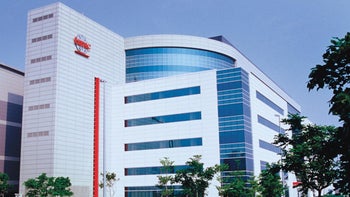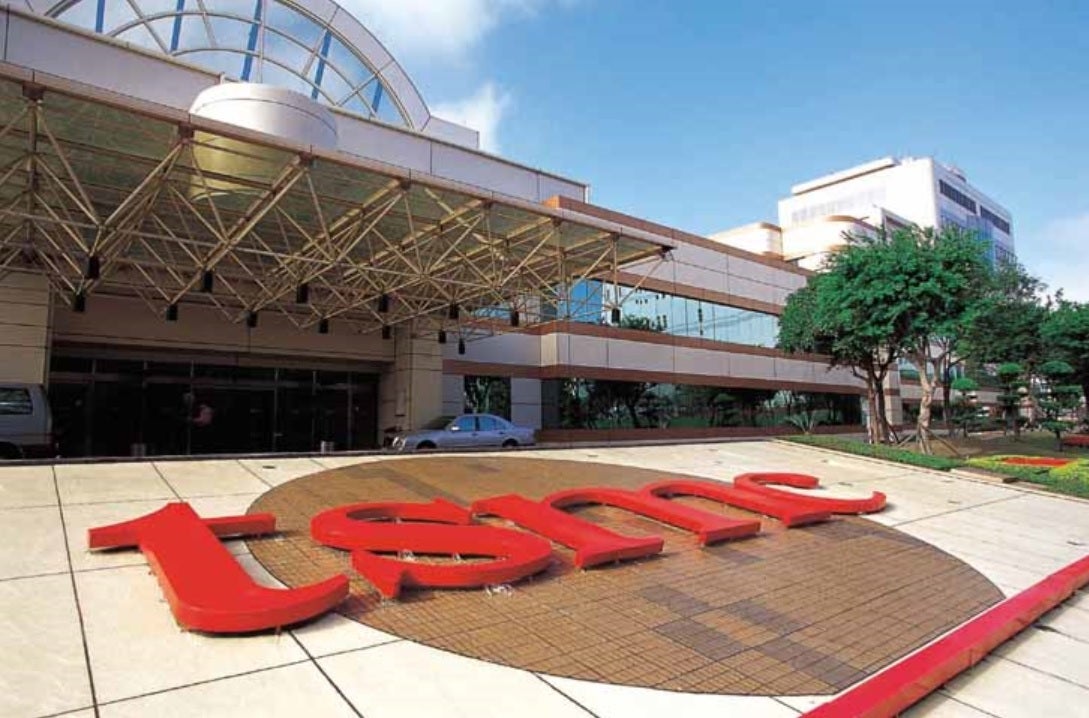TSMC to start risk production of its 4nm chips as soon as next quarter

The world's largest contract foundry is Taiwan Semiconductor Manufacturing Company known as TSMC for short. The firm takes chip designs created by companies like Apple (its largest client), Qualcomm, MediaTek, and others, and turns them into components for use in products like smartphones, tablets, and other devices. Last year TSMC started shipping chips produced using the smallest process node mass produced, 5nm.
TSMC's 3nm process node will reportedly deliver up to 15% more performance or save up to 30% of power consumption
The process node is determined by the number of transistors that can fit in a square mm (known as transistor density). The higher the number, the lower the process node and the more powerful and energy-efficient a chip is. Last month, IBM announced that it was the first company in the world able to produce a 2nm chip although it admits to be several years away from having this technology available for use.

TSMC says that its 4nm production will begin a quarter ahead of schedule
Apple's A13 Bionic chipset used on the 2019 iPhone 11 line was produced using the 7nm process, has a transistor density of 89.97 million transistors per square mm, and a total transistor count of 8.5 billion. The 2020 Apple A14 Bionic chipset has a transistor density of 134.09 million per mm2 and each chip carries 11.8 billion transistors. The next major change is expected with volume production of the 3nm chips starting in the second half of 2022.
Apple's M1 chip, also made using the 5nm node, was originally designed to replace Intel processors on the Mac. With a transistor count of 16 billion, the ARM-based component is also being used to drive the new iPad Pro (2021) models. TSMC reportedly has started production on the M2 although the chip's specs have not yet been released.
The N3 (3nm) node is expected to deliver performance that is up to 15% faster or consume up to 30% less power than the N5 (5nm) node. At the foundry's annual symposium that reviews the achievements made by the company over the previous year, TSMC announced that it is actually a quarter ahead of schedule for the production of its 4nm chips. The 4nm chips will use the same design as the 5nm components but will feature enhanced performance, power consumption, and transistor density. Risk production is set for the third quarter of this year (which is actually the next quarter).
TSMC CEO Dr. C.C. Wei said, "Digitalization is transforming society faster than ever as people use technology to overcome the barriers created by the global pandemic to connect, collaborate, and solve problems. "This digital transformation has opened up a new world full of opportunities for the semiconductor industry. Our global Technology Symposium highlights many of the ways we are enhancing and expanding our technology portfolio to unleash our customers’ innovations."
During the annual conference, TSMC also announced that it had started construction on its $12 billion fab being built in Arizona. The facility is expected to start production in 2024 by manufacturing 5nm chips which will put the output of the factory one to two process nodes behind what will be rolled out of the foundry's main factories in Taiwan during the same time period.
During the symposium, which was held online because of the pandemic for the second straight year, TSMC introduced the N6RF process which uses the foundry's advanced 6nm process for 5G radio frequency (RF) and WiFi 6/6e components. This solution delivers an improvement of 16% and more over the previous generation's 16nm RF technology.
Also introduced at the symposium was TSMC's InFO_B solution which the foundry says is "designed to integrate a powerful mobile processor in a slim, compact package with enhanced performance and power efficiency and support mobile device makers DRAM stacking on the package."
TSMC continues its remarkable growth story despite the chip shortage that has caused lead times (the time it takes between ordering semiconductors and actually receiving the shipment) to hit 17 weeks in mid-May. Analysts at Susquehanna Financial say that this puts consumer electronics companies and automobile manufacturers in "the danger zone."













Things that are NOT allowed: